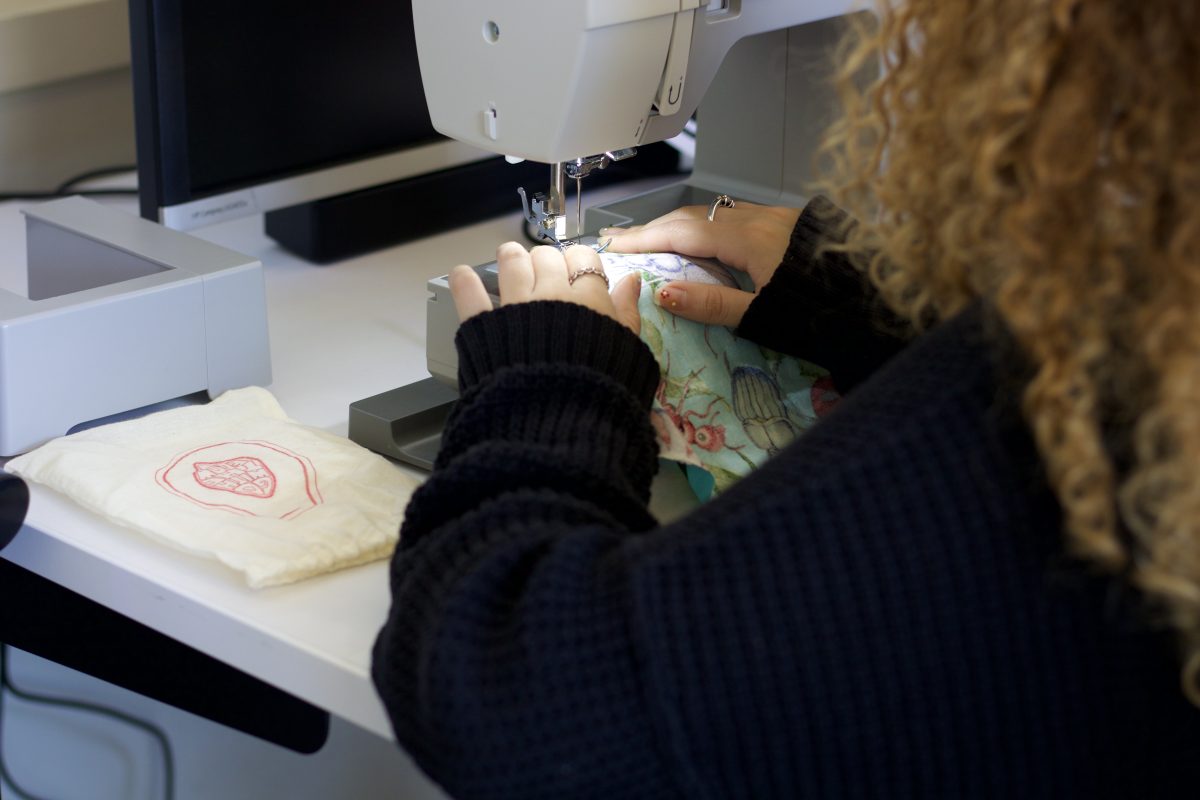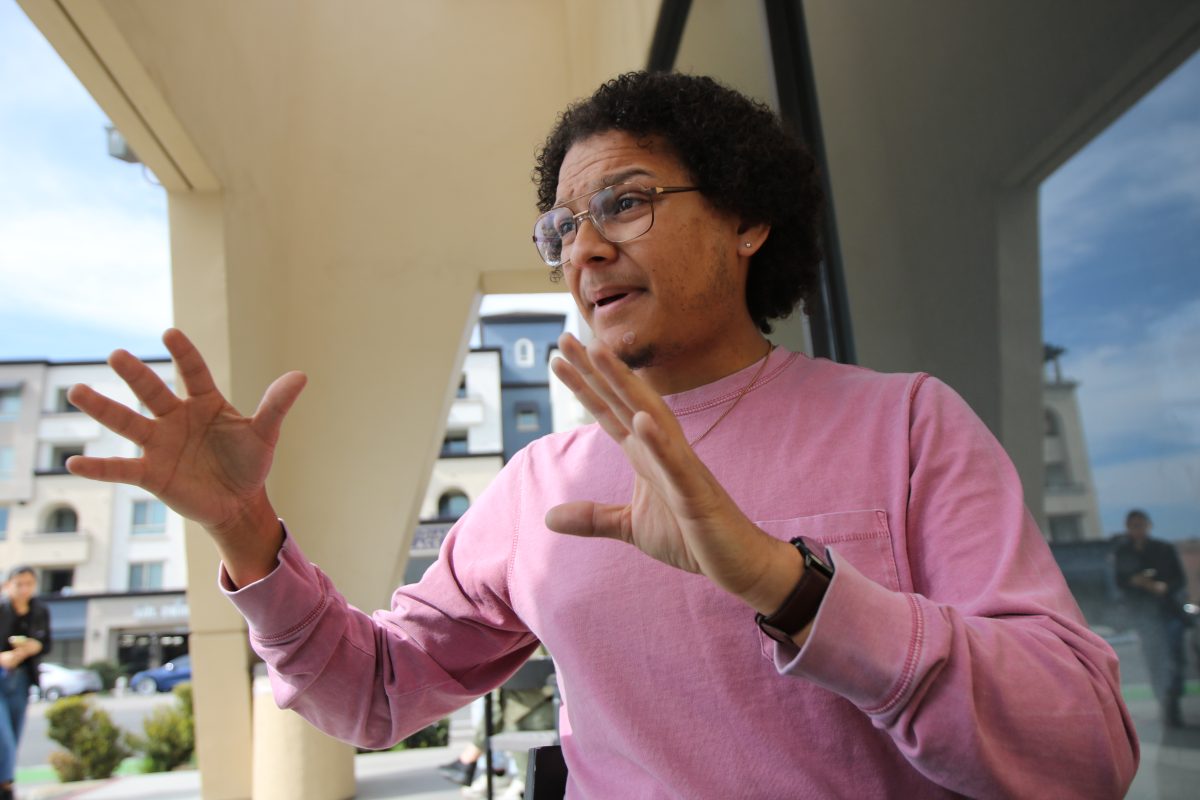1 p.m.
The first committee to present to the CSU board of trustees (BOT) was the Committee on Educational Policy. Beverly Young, assistant vice chancellor of teacher education and public schools, updated the board on the progress of the Early Assessment Program (EAP).
This initiative was instituted in 2009 and aims to assess students during their last two years of high school to ensure they are prepared to transition into college. The EAP detects student readiness in math and english using the results of the California STAR test results. If a student is seen as unprepared, EAP offers supplemental preparation.
“Our remediation rates are going down not because we are turning students away, but because we are working with them more,” said Marsha Hirano-Nakanishi, assistant vice chancellor of academic research and resources.
Annually the EAP costs $8.5 million a year, the majority of this money is allocated for the contract with the Educational Testing Service.
A study that tested the effectiveness of the EAP showed that this program has decreased the need for remediation in both English and math, and that the program has not discouraged students from attending college.
In the past, whether students were EAP ready or not was determined by CA’s STAR testing. However, beginning in the near future the California STAR testing will cease and students will participate in the national field test called Smarter Balanced assessment.
Through the EAP student English and math readiness has nearly doubled from 2006 to 2013 and according to the CSU board of trustees agenda, “EAP continues to generate national interest, and is regarded as the model for the nation’s move to implementing college and career readiness assessment through high school standardized testing.”
In addition to the Early Assessment Program, representatives on the Committee on Educational Policy, discussed new information and progress of the Student Transfer Achievement Reform Act, also known as SB 1440.
SB 1440 works to decrease the amount of unnecessary courses students are required to take in the community college level that are not transferable in the CSU level. This initiative will ensure that students spend no more than 60 units completing their associates degree, and 60 units obtaining their bachelor’s degree.
“We’re trying to solve a different problem here,” said Eric Forbes, assistant vice chancellor of student academic report. “With transfer students the problem we are trying to solve is that they come in having taken too many courses that aren’t transferable in the CSU.”
Attempting to get community colleges to offer these degree programs is a continued goal.
Journalism, for example, is a major that is not transferable as an associates degree in a handful of the CSU’s, including CSU Northridge. The courses required to attain an associates degree in the community college level do not line up with the courses required and recognized by these CSU’s. This is what SB 1440 was instituted to rectify. This transfer reform act attempts to bridge the gap between the community college and CSU level so that students are not wasting time and money on units that are not transferable and recognized.
The committee is still working with community colleges to align their course requirements so that students will cease to enter a CSU having taken unnecessary courses.
Further results and findings will be discussed at the next meeting.
More updates to come.





